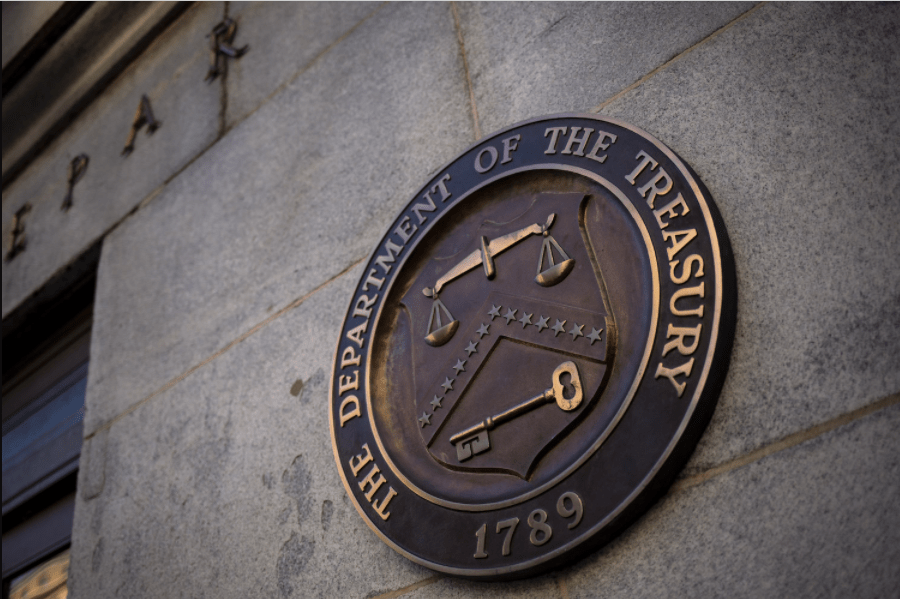
Senators received a letter from the Treasury Department on Friday updating them on the process of modifying the word “broker.”

Miners and stakers in the United States would have sighed a sigh of relief when the US Treasury announced that they are no longer required to submit transaction information to the Internal Revenue Service.
The US Treasury Department has granted a respite to crypto miners and stakers. The famous bipartisan tax infrastructure bill, which classified miners and stakers as brokers for IRS reporting, is currently being evaluated.
The exclusion of miners and stakers from reporting on their clients’ activities was confirmed in a letter given to a group of senators on Friday. Jonathan Davidson, Treasury Assistant Secretary for Legislative Affairs, stated Treasury’s position on the topic. “The reporting requirements for brokers are not meant to capture ancillary parties who cannot acquire access to information that is helpful to the IRS,” he added.
Individuals that validate transactions, such as miners and stakers, as well as software and hardware businesses, are excluded from reporting, according to this statement. They are practically unable to obtain information that would be valuable to the IRS.
CEX, DEX, and P2P markets are still awaiting clarification
The brokers must provide information such as their names and addresses, total revenues from transactions, and capital gains or losses. According to Davidson, the Treasury Department is anticipated to release rules indicating the department’s position on the broker definition in the near future.
Because the Treasury is responsible for interpreting the law through regulations, it took up the endeavor to clarify IRS reporting standards. According to Davidson, the Treasury is still determining whether centralized, decentralized, and peer-to-peer exchanges should be considered brokers.
The Senate’s vocal backing has been vital
During the legislative process, Virginia Democrat Mark Warner and Ohio Republican Rob Portman were instrumental in reducing the criteria. They came to an agreement with the Biden administration to change the definition of a broker. The agreement, however, required unanimous Senate approval, which they were unable to obtain. Because Alabama Republican Richard Shelby opposed a section of the measure dealing with military funding, the bill was voted down.
When the infrastructure package was initially passed into law, Senator Ted Cruz was an outspoken opponent of the previously wide definition of “broker.” Senator Pat Toomey attempted to collaborate with Vice President Joe Biden’s administration in order to restrict the definition of “broker.”
Toomey, a Republican on the Senate Banking Committee, said he was encouraged by the letter, but that Congress should approve legislation to enshrine the newly suggested criteria. Block Inc., Coinbase Global Inc., and Coin Center have all expressed concerns over the Treasury’s memo.
